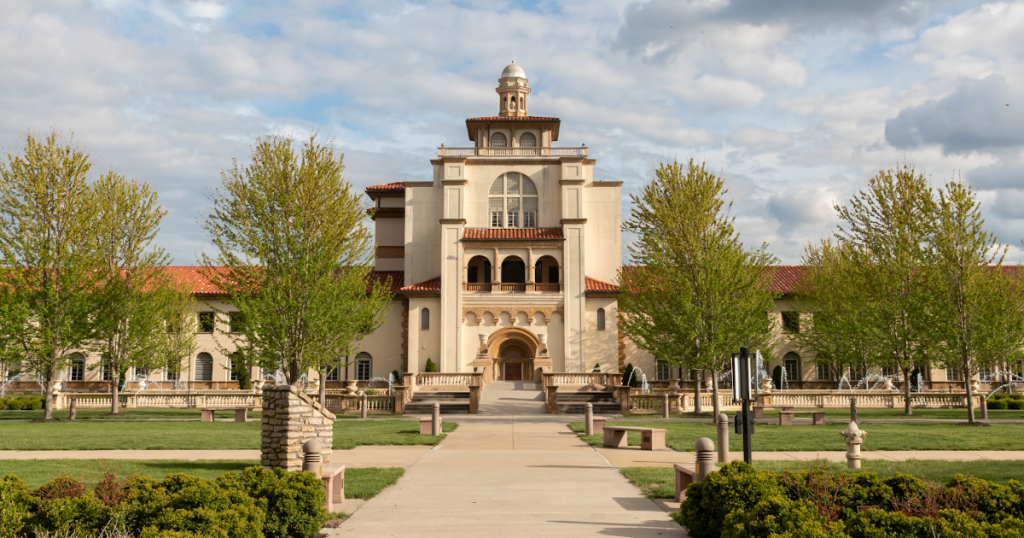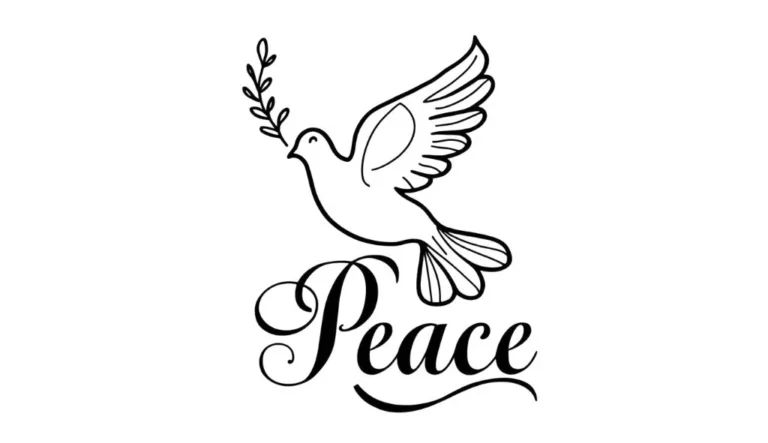Is the Unity Church a Cult?
The Unity Church, also known as the Unity School of Christianity or Unity, is a religious organization that promotes “practical Christianity” based on an interpretation that emphasizes spiritual healing. However, some have questioned whether Unity qualifies as a cult due to some of its unorthodox beliefs and practices.
This article examines the evidence behind these accusations to determine if they have merit.
What is Unity?
Charles and Myrtle Fillmore founded Unity in 1889 as a spiritual healing movement within Christianity. The Fillmores had embraced New Thought, a 19th-century movement that promoted principles like the power of positive thinking and the ability to heal through spiritual means.
Some of Unity’s core teachings include:
Belief in the Divine Nature of Humanity
Unity teaches that there is good in everyone because human nature is divine. People can let their “God self” manifest through the right attitudes and actions.
Spiritual Interpretation of the Bible
Unity considers the Bible a spiritual text full of allegories and metaphors rather than the literal word of God. Biblical stories represent our journeys toward expressing the divinity within us.
The Power of Affirmative Prayer
Through techniques like meditation and affirmative prayer, Unity followers can align their human will with God’s will to produce positive change. Affirmations allow people to overcome adversity and heal themselves spiritually.
Salvation Through Spiritual Understanding
For Unity, heaven and hell are states of consciousness rather than physical places. As people gain a deeper understanding of their divine nature, they achieve salvation from negative states of mind.
Over time, Unity has grown into an international organization with over 400,000 followers worldwide. However, its unorthodox blend of Christianity and New Thought has led some to criticize Unity as a cult.
Arguments That Unity is a Cult
Here are some of the main reasons why Unity faces accusations of being a cult:
Unorthodox Theology
Unity’s take on Christianity departs significantly from the teachings of most Christian denominations. Concepts like the divinity within people and the symbolic interpretation of the Bible contradict mainstream Christian theology. This theological unorthodoxy is a red flag for some.
Alleged Mind Control Practices
Former members have accused Unity of using mind control tactics like repetitious affirmations, isolation from outside views, financial exploitation, and making followers dependent on the organization. However, Unity denies using coercive persuasion methods.
Personality Cult Around Founders
Myrtle and Charles Fillmore have an almost divine status within Unity. Their teachings and books are treated as sacred revelations. Such reverence for an organization’s founders can indicate cult-like hero worship.
Financial Secrecy
Though registered as a tax-exempt church, Unity has faced criticism over a lack of financial transparency. It does not disclose detailed financial information like salaries and revenues. This secrecy has led to accusations of impropriety.
Shunning Former Members
There are multiple accounts of Unity members being shunned after leaving the movement. Unity denies officially shunning members but concedes adherents frequently cut ties with non-believing friends and family. This behavior is associated with cults.
On the surface, these points make a case for Unity as a potentially unsafe cult. But there are also compelling counterarguments.

Arguments Against Unity Being a Cult
While Unity differs from mainstream Christianity, most academic cult experts argue Unity does not meet accepted standards to qualify as a cult. Reasons include:
Members Maintain Autonomy
Unity members are free to participate as much or as little as they want. They live their own lives outside the church without Unity micro-managing their decisions or relationships. This level of autonomy does not match typical cult behavior.
Lack of Harmful Exploitation
Aside from anecdotal stories, there is no evidence Unity systematically extorts money from members, cuts them off from society, or uses physical or psychological abuse to exert control. Unity’s actual influence over members appears minimal.
Members Can Freely Leave
Despite accusations of shunning, Unity members remain free to come and go as they please without consequence. Unity even offers refunds to unsatisfied enrollees of its various classes and programs. Easy ability to leave negates cult comparisons.
Sincere Beliefs, Not Deception
Interviews with members show Unity adherents genuinely believe in the organization’s theology. Unity does not appear to use deception or conceal its true nature from recruits. Members join eyes wide open about the church’s divergent teachings.
Lacks Key Cult Characteristics
Unity arguably does not meet accepted expert definitions of what constitutes a cult. Standards include things like a totalitarian authority figure at the top issuing strict orders to dependent followers. Unity operates more collectively without top-down command.
Overall, credible evidence of Unity displaying classic mind control, abuse, authoritarian leadership, or members being unable to leave is lacking. These traits do not seem to characterize the Unity movement and its practices.
Conclusion: Unity Classified as New Religious Movement
Based on an analysis of the facts, arguments labeling Unity as a dangerous cult seem overblown. While some members choose to shun those who leave, Unity allows individuals significant self-determination over their lives. Accusations of financial impropriety or systematic mind control also do not withstand scrutiny.
Most religion scholars place Unity in the category of a “New Religious Movement” rather than a cult. Like any belief system, Unity has unorthodox views that seem strange to outsiders. However, these alternative beliefs alone do not make Unity an abusive cult exploiting members. One can reasonably argue Unity shows no more cult-like attributes than major religions like Christianity or Islam.
In the end, reasonable people can disagree on the merits of Unity’s theology. But false accusations of Unity practicing unsafe manipulative techniques similar to notorious cults appears unfounded. People drawn to Unity’s message remain free to come and go as they please without undue influence from the organization. For those reasons, categorizing Unity as a cult goes too far.







